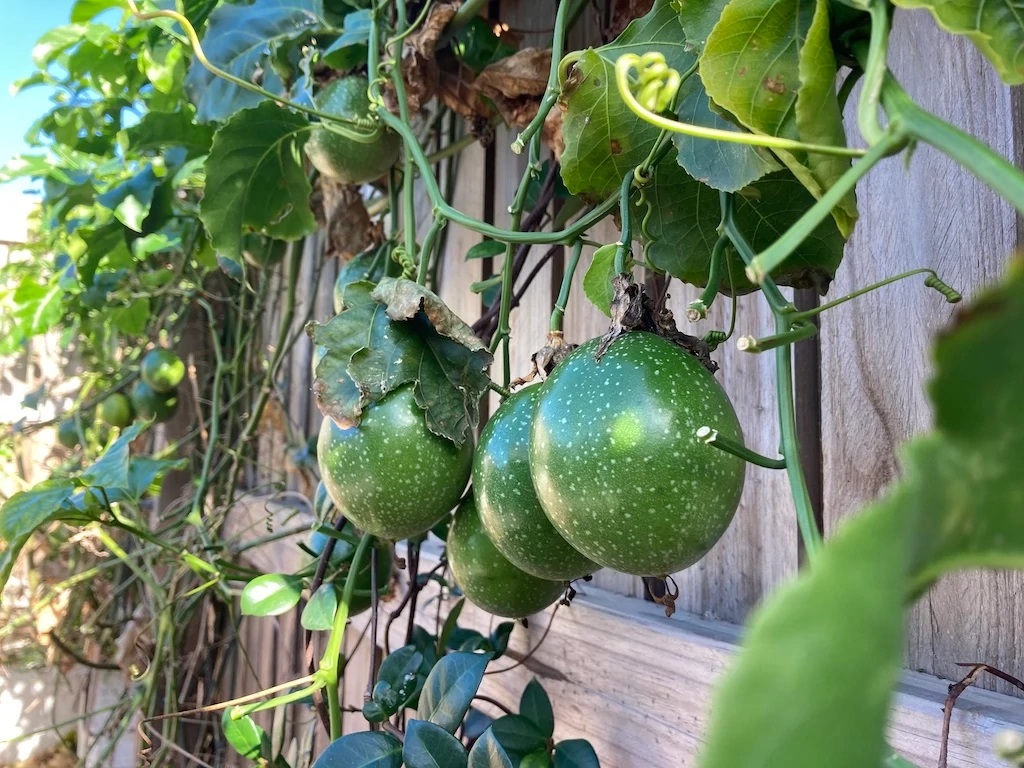In recent years, there has been a significant increase in awareness regarding the importance of caring for our planet. This is due to major environmental issues like global warming and biodiversity loss. Alongside these concerns is the issue of obesity.
Over 100 million adults and 14 million children are considered obese in the United States alone. This global phenomenon has sparked a desire in people to take proactive steps towards shedding extra pounds and embracing a healthier lifestyle. One solution that addresses both goals is adopting an eco-friendly weight loss diet.

Understanding the demand for weight loss
Due to the demand for weight loss, many methods have emerged over the years.
In particular, intermittent fasting has gained significant popularity as an effective weight loss method in recent years. This dietary approach involves cycling between periods of fasting and eating, with various fasting protocols available. Because maintaining consistency in fasting can sometimes be difficult, individuals who fast have figured out some natural ways to make it easier. A study on NCBI found that consuming a mixture of apple cider vinegar and water to help suppress cravings during fasting periods. Bragg is a prominent apple cider vinegar brand in the US that can be used for this practice.
Another weight loss method that has become increasingly popular is medical weight loss. With more people losing weight due to obesity, seeking safe and professionally guided approaches to shedding pounds is becoming increasingly crucial. This weight loss method is effective through the combination of medical supervision and the incorporation of medication such as Saxenda for weight loss. Medication such as this helps suppress appetite, reduce the absorption of certain nutrients, and assist individuals struggling to reach their target weight. This makes medical weight loss programs an attractive option among those seeking concrete results quickly.
While these methods are effective and recommended, there are also more untapped options for individuals seeking to lose weight while actively participating in eco-friendly practices. By adopting an eco-friendly diet, people can lose weight AND better care for the environment.
How to adopt an eco-friendly diet
Choose plant-based options
A significant step towards adopting an eco-friendly diet is incorporating more plant-based food into meals.
Plant-based diets have a much lower environmental impact compared to diets that include animal products. Plant-based protein sources like legumes, tofu, or tempeh, help reduce water usage and greenhouse gas emissions. Brands such as Beyond Meat specialize in ‘meat’ made from plants and have become popular among those with plant-based diets.
Not only are plant-based options beneficial for the environment, but they also offer numerous health benefits for individuals. A plant-based diet, when well-balanced, can provide all the necessary nutrients, vitamins, and minerals required for optimal health. Research has shown that plant-based diets can greatly help with weight loss and reduce the risk of numerous chronic diseases.
Eating a plant-based diet also means that you’re likely to consume more voluminous foods. Vegetables, especially broccoli and cauliflower, are high in fiber and water, helping to keep you full even though they are low in calories.
Buy local produce
Supporting local farmers and purchasing seasonal fruits and vegetables is not only beneficial for the local economy but also helps reduce the carbon footprint associated with food transportation.
By consuming locally sourced produce, the need for long-distance transportation, which contributes to greenhouse gas emissions, is eliminated.
Moreover, locally sourced produce tends to be fresher and, therefore, more nutritionally dense. Since local farms don’t have to prioritize long-distance transportation, they can choose optimally mature and ripe crops, enhancing their nutritional value.
Consuming these fresh, nutrient-rich foods promotes weight loss and provides essential vitamins, minerals, and antioxidants for overall well-being. Where possible, choose organic foods first.
Grow your own food
For those with the space and resources, growing one’s own food is an excellent way to connect with nature and reduce the environmental impact of their diet. Even a small garden or a few pots on a balcony can provide fresh herbs, vegetables, or fruits.

Homegrown produce eliminates the need for transportation involved in transferring goods and reduces the harmful chemicals that pollute the environment and waterways.
The practice of growing your own food is also one of the best ways to make an eco-friendly diet more authentic, sustainable, and healthier. It allows you to cultivate nutritious fruits, vegetables, and herbs, which are essential for a healthy diet.
Store-bought produce often undergoes lengthy transportation processes and may lose significant nutrients during shelf life. Homegrown foods, on the other hand, can be picked fresh and consumed immediately.
In Summary
An eco-friendly diet comes with some amazing benefits. It:
- Aids weight loss,
- Lowers the risk of chronic diseases,
- Encourages plant-based eating with minimal processed foods,
- Helps support local economies, and
- Reduces greenhouse gas emissions from the food production industry,
Better yet, it allows you to connect with nature and ultimately contribute to a healthier more resilient Mother Earth. It really is a win-win – you get to achieve your weight loss goals while nurturing our planet for future generations.



